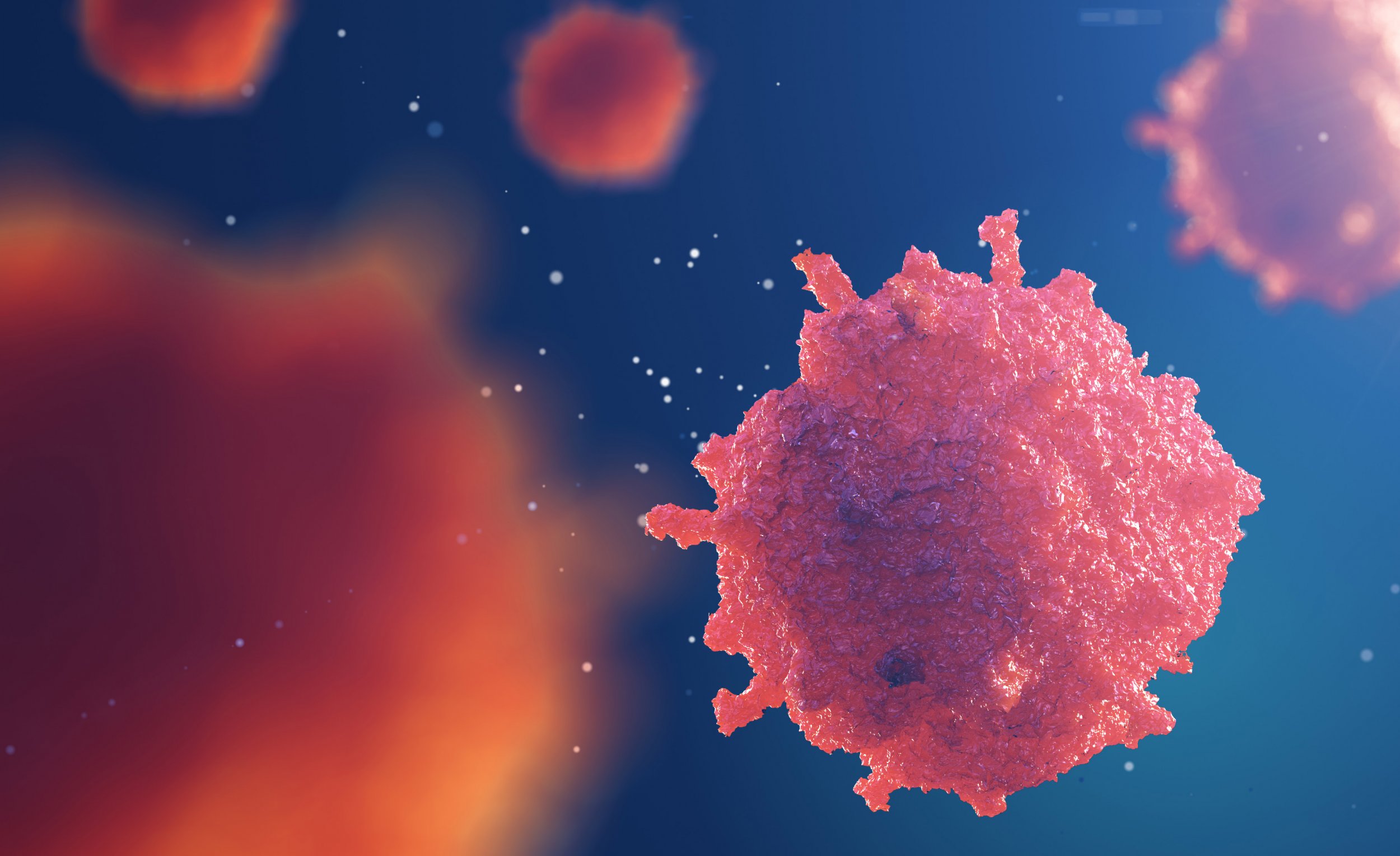Newer Strategies In Management Of Cancer
Apr 19, 2022
Newer Strategies In Management Of Cancer of cancer has undergone many changes over the years with the advent of new research, technology and new treatment tools and new strategies. Something like modern warfare, which has a lot in common, cancer is the enemy, patient is the battleground, investigations are the exploratory tools, treatment tools are the weapons, doctors and team are the army. The purpose is to win over the cancer in a patient, using various strategies, depending upon many factors.

Understanding cancer is first and foremost!
Like, gathering enemy information prior to the war is most important, understanding the type of cancer, stage of the cancer, nature of the cancer is very crucial for cancer treatment.
- Information of the spread of cancer (stage) is obtained by CT, MRI or relevant type of PET CT scan.
- Type and nature of cancer is understood by tests performed on the tissue obtained by biopsy, surgery and occasionally blood tests (liquid biopsy).
- Various tests such as immunohistochemistry (IHC), markers and mutated genes etc are carried out to understand the tumour.
- Important information about prognosis as well as therapeutic decisions are based on this information. For example, hormone receptor positive early breast cancer may receive only hormonal therapy and avoid chemotherapy. Her-2 positive breast cancer will require targeted therapy (trastuzumab).
- Sometimes, when many medicines do not benefit the cancer patient, genomic sequencing on the biopsy may provide a clue to the possible treatment.
- This evaluation before treatment takes lots of tests, procedures like biopsy etc. over a period of time varying from one to two weeks, sometimes more.
- It requires a lot of patience by the family and patient, and they have get rid of anxiety and concern. Since, cancer has been there for some time and this much more time does not matter. If it does, or patient is unwell, oncologist will suggest you some immediate treatment.
Strategies for cancer treatment
We must realise that for curing the patient there is one chance and that is right at the beginning. Hence first treatment should the best therapy and this must be well strategized. Newer strategies are being well understood, tested and practiced.
- Most people think that removing the tumour upfront by an operation is the best thing to do. While it is true in many tumours and stages, this is not true in many tumours. Giving upfront chemotherapy or radiotherapy or both, before surgery may be a better option in some selected cases. Such decisions are made with the whole team.
- Extensive surgery is being replaced by organ and function preserving surgeries, keeping cosmesis in mind.
- Radiotherapy has got more precise with more intense and focussed, while minimising the side effects.
- Nuclear medicine has evolved with newer treatment methods.
- Interventional radiology has a lot to offer with treatment focussed at the tumour deeply located and inoperable.
- About the treatment, new methods have become the armamentarium, newer chemotherapeutic drugs, immunotherapy of various types, targeted therapy, combinations of these with chemotherapy and hormonal therapy.
- Along with these advances, we are beginning to understand better than before as when to use what and how to use. Newer combinations, dosing, shorter intervals, sequencing are being understood.
- Cure is the aim in early and in some advanced stages of cancer. In stage 4 cancer, cure may not be possible, but a lot can be done. Every stage 4 cancer is not terminal cancer. Some may live for long with it.
- Optimal use of each modality in each patient is the key of modern management.
- Molecular oncology is understanding the tumour, its genes, molecular pathways it is following to grow and treat accordingly.
- Tumour agnostic therapy is a new keyword ! a tumour with same characteristics arising from anywhere is managed similarly!
To conclude, modern cancer management has evolved considerably with much better results of cure, tumor control, palliation and offering comfort to the cancer patients.








